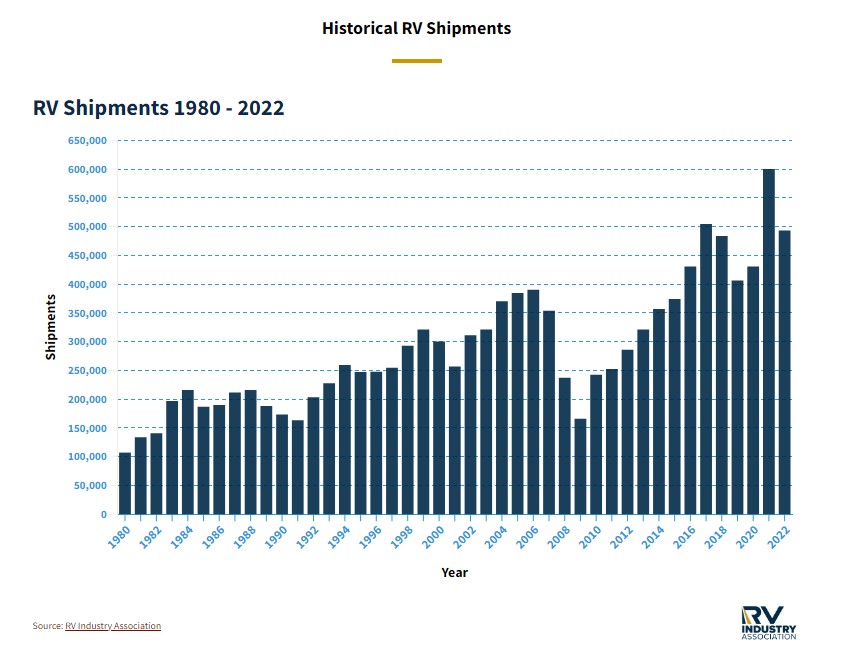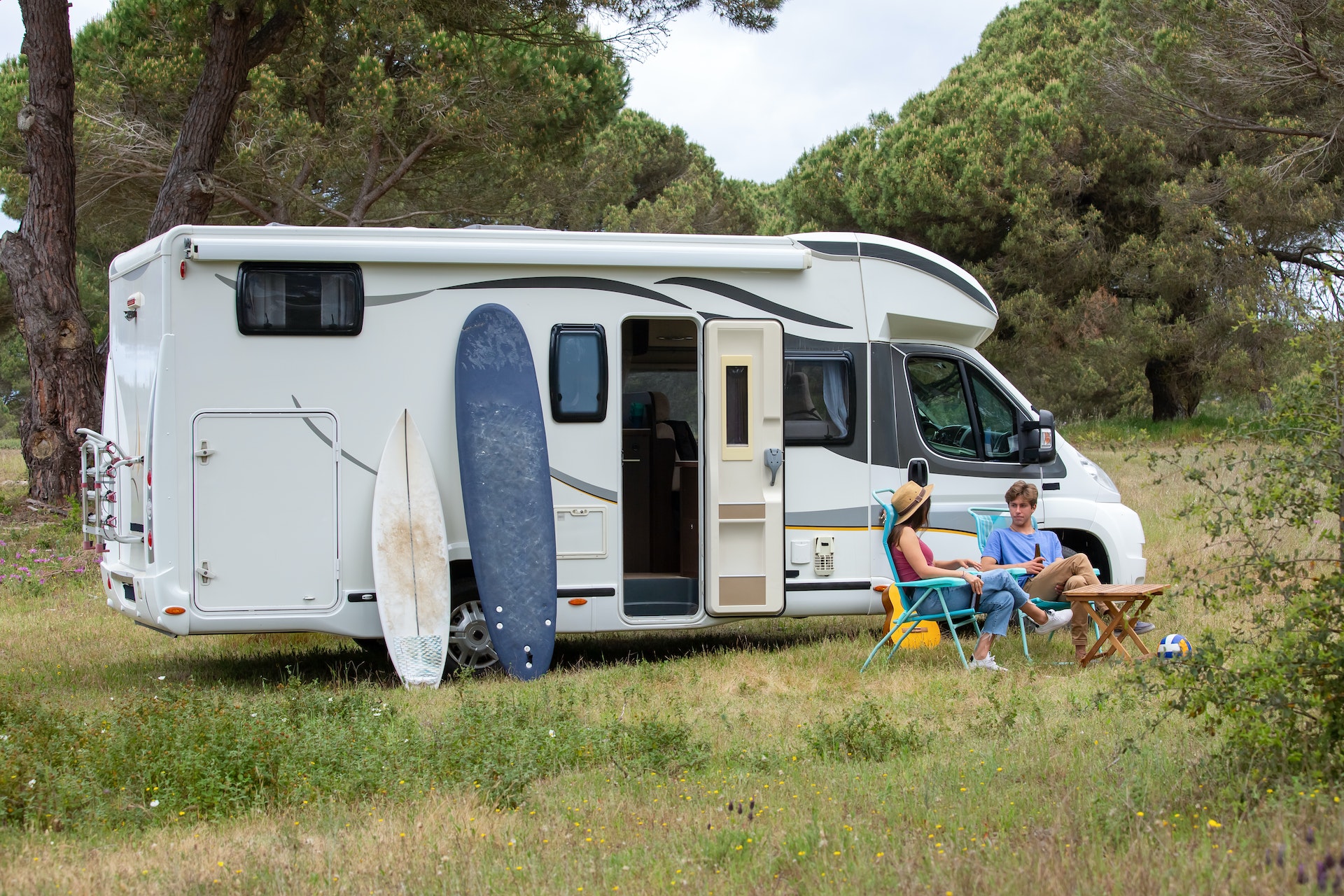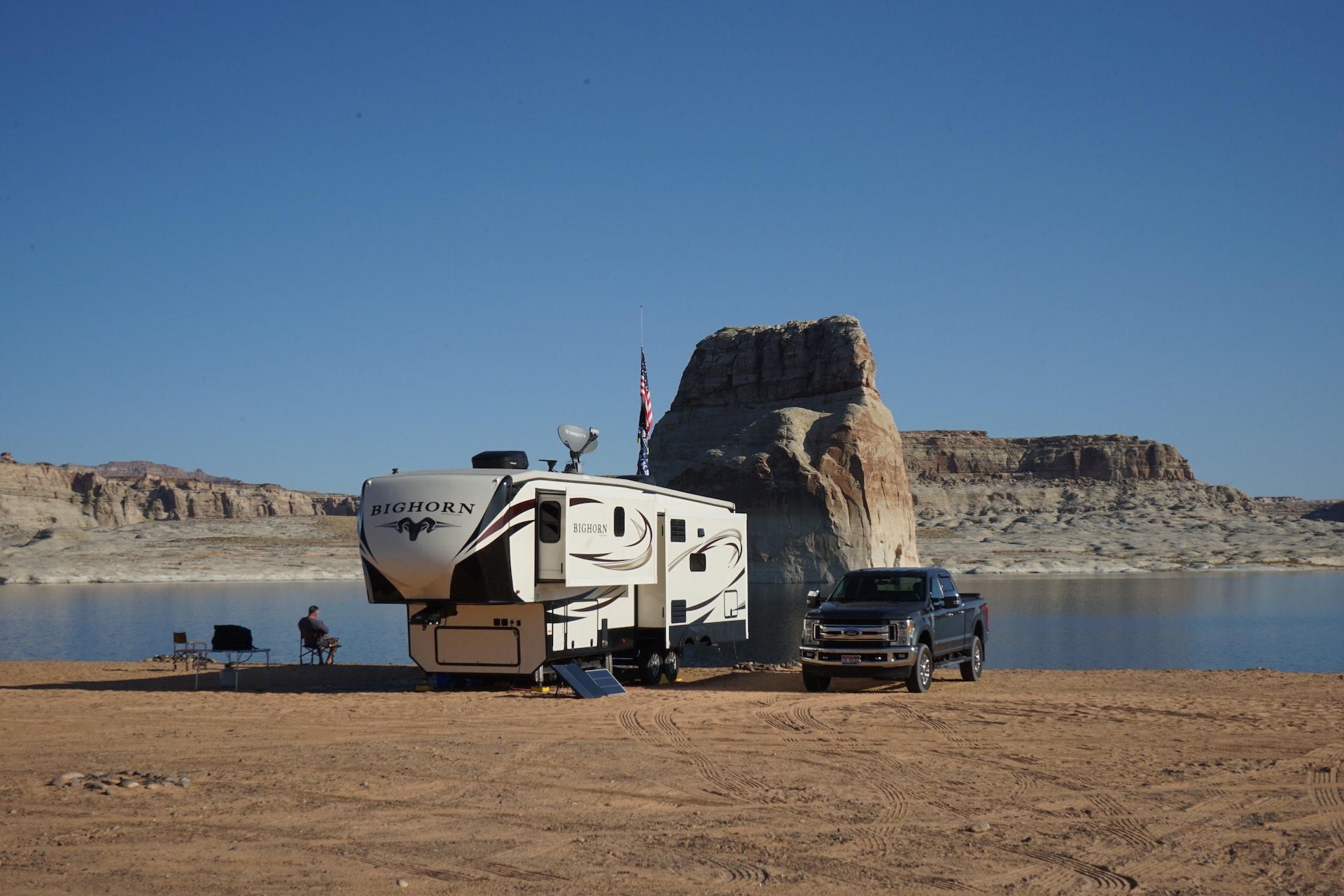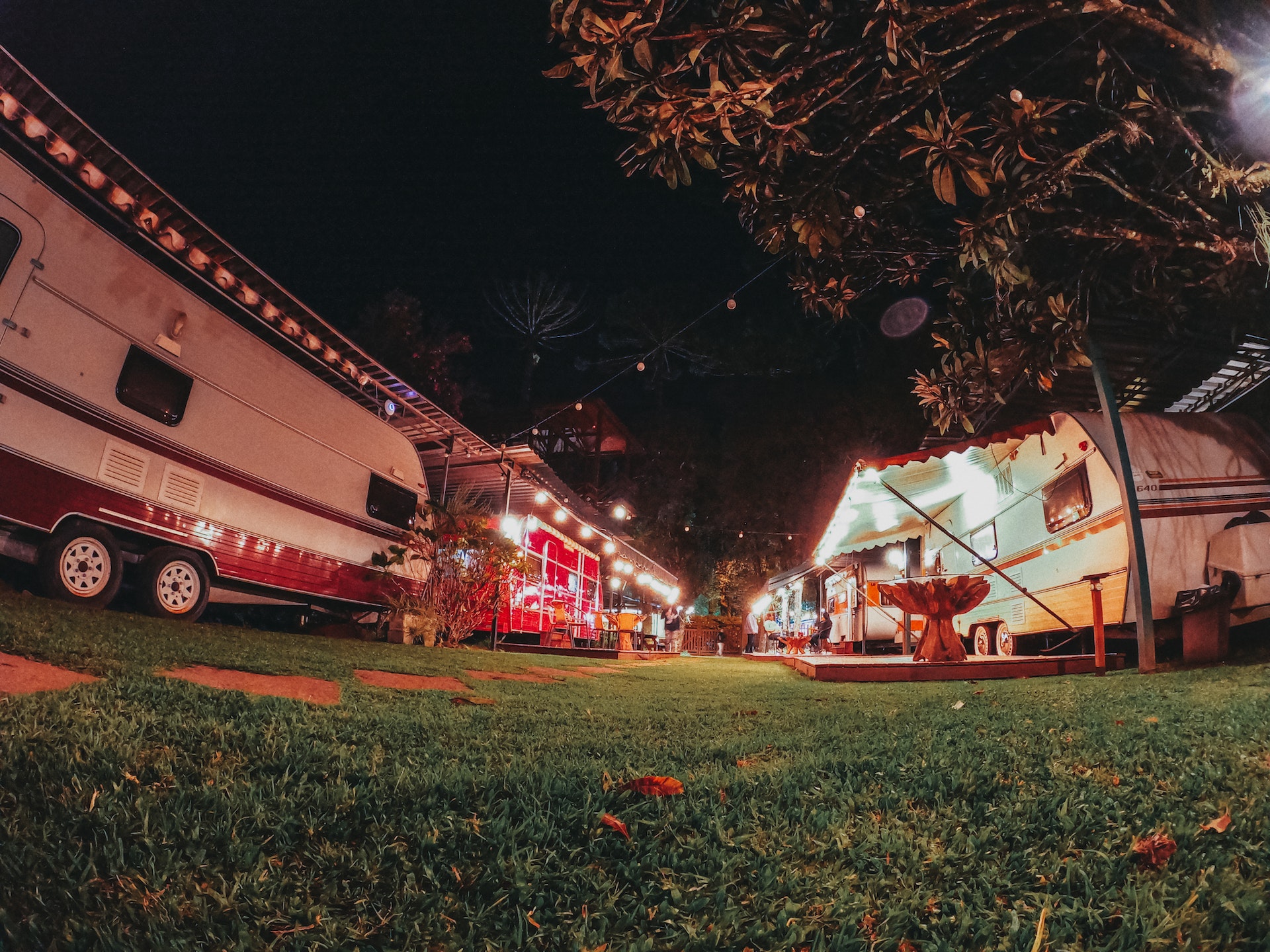Motorhomes, also known as RV (recreational vehicles) are a popular choice amongst those that want to travel whilst bringing the comfort of home with them. These vehicles combine living accommodations and transportation, allowing you to customize them to your liking so that you can have all the amenities on the go.
Despite their popularity, motorhome sales are subject to market forces just like any other commodity. As a discretionary purchase, economic influences remain a driving force for sales numbers.
Factors Impacting RV / Motorhome Sales
Sales Declined in 2023 But Overall Trend Is Up
Since the 1980’s, motorhomes have continued to grow in popularity as families saw the increased need for flexibility and freedom.
In 1980, approximately 100,000 units were slated for shipment. This number has since quintupled (5x) in 2022, albeit with dips along the way.

The RVIA (RV Industry Association) expects a pullback in 2023 motorhome sales but overall, it’s easy to see the positive trend over the decades.
Supply and Demand
Image Credit: Pexels
During COVID, supply was particularly tight as manufacturers decreased production due to a shortage of parts, and demand for used vehicles remained high. This supply chain breakdown led to a surge in used vehicle pricing as was evident for all segments in the automotive industry.
New RV’s were sold out followed by bidding wars on used units. Particularly in 2021 and 2022 during and after COVID, there was huge demand for RV travel as consumers sought to maintain vacation plans through alternative travel methods, especially ones that don’t involve flying. Motorhomes were the perfect option with built-in social distancing.
Inflation and Risk of Recession
Let’s face it, an RV is definitely a luxury and a discretionary purchase. According to Business Insider, motorhome sales are seen as one of the many indicators of economic health. When people are flush with extra money, they can afford to go out and splurge on motorhomes which range anywhere between $10,000 and $300,000 depending on features.
As interest rates continue to climb and we’re faced with a risk of recession in North America, buyers have had second thoughts about purchasing RV’s.
Just as the economy ebbs and flows, so do RV sales. The historical chart aligns with the housing crisis in 2008 where a similar pullback was seen.
What’s Great About Them?
If you’ve never owned or stayed in a motorhome, you may be wondering what’s so great about them. There are a number of different advantages to owning an RV:
A Convenient Way To Travel In Comfort
Motorhomes give travelers the opportunity to move at their own pace. Unlike a flight that’s a set route, you’ll be able to change travel plans and reroute in order to discover new destinations. If you happen across a place that you’ve fallen in love with, you can easily extend your stay. As a result, RV travel is appealing to those who value spontaneity and a customized vacation plan.
Image Credit: Pexels
Comfort-wise, RV’s come in 3 types. The most expensive of them, Class A, are the large bus-type motorhomes that offer an incredible amount of living space that will elevate your travel experience. Many RV’s include sleeping areas and a kitchen area for cooking and dining. Bathrooms with a shower and toilet are also common which means that you’ve got all the on-board facilities that you would expect in traditional travel.
Additionally, motorhomes allow travelers to explore and adventure on their own terms. Camping in national parks is a popular stop as campsites often have dedicated spots for motorhomes with electrical plug-ins. Motorhomes frequently come with outdoor accessories such as awnings and outdoor seating which can enhance the outdoor experience and enjoy the beauty of nature.
Image Credit: Pexels
Cost Savings
Depending on the type of motorhome that you purchase, they can be as cheap as $10,000. While it might not come with the most luxurious features, an RV or motorhome can lead to cost savings over the long run and multiple trips.
With RV’s, you can offset the cost of hotel stays and dining out. Built-in kitchen spaces allow families and travelers to prepare cost-effective meals without relying on eating out for every meal.
Image Credit: Pexels
Some Drawbacks
While RV’s have some significant benefits, they are just like any other vehicle and require upkeep and scheduled maintenance. Additionally, you’ll want to consider the travel logistics which include route planning, stocking up, park reservations, and so forth.
Driving a Class A motorhome is no simple feat either. With such a large vehicle, safety and preparation are paramount. The positive side of this is that many vehicles now come with convenience and safety technology such as backup and side cameras which can make operating them easier.
What’s Next?
Keep An Eye Out For Deals
There is lower expected demand for RV’s in 2023, but it doesn’t mean deals can’t be found.
So if you’re looking at elevating your experience on your next road trip, buying a new (or used) motorhome might just be the right option for you. They can be an extremely rewarding way to experience travel.
Purchasing a used motorhome is no different than buying a car, so follow some basic guidelines such as:
- Consider if your current vehicle has the towing capacity for the RV you’re looking for.
- Follow the car buying process.
- Make sure you inspect it and get a vehicle history.
- Don’t rush into a purchase.






